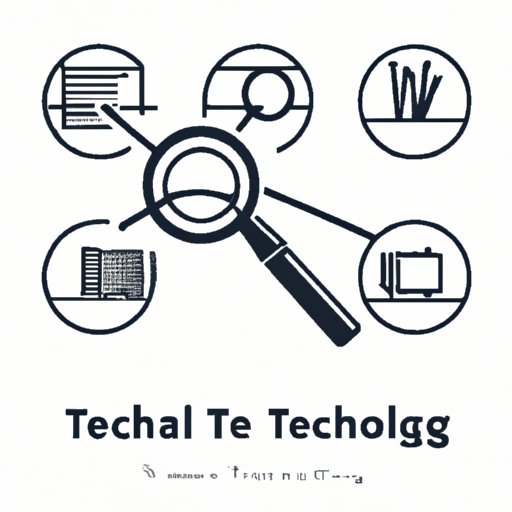
What Education Do You Need to Become a Teacher? Exploring Different Paths and Education Requirements
Teaching is a noble profession with a direct impact on society. Teachers educate and inspire students to reach their potential and contribute to their communities. Becoming a teacher requires dedication, passion, and a solid education. If you’re considering a career in teaching, it’s important to understand the different paths to becoming a teacher and the education requirements necessary for each path.
10 Different Paths to Becoming a Teacher: Exploring Education Requirements
There’s no one-size-fits-all approach to becoming a teacher. Depending on your interests, experience, and qualifications, you can pursue different paths to becoming a teacher. Here are ten different paths:
- Bachelor’s Degree in Education
- Bachelor’s Degree in a Subject Area + Teaching Certification
- Alternative Certification Program
- Master’s Degree in Education
- Master’s Degree in a Subject Area + Teaching Certification
- Transition to Teaching Program
- Teach for America
- Peace Corps
- Online Teaching Certification Program
- International Teaching Certification Program
Each path has its own education requirements. For example, some paths require a bachelor’s degree in education, while others require a subject area degree and teaching certification. It’s important to research each path and understand the education requirements before choosing a career in teaching.
The Essential Education for Future Teachers: Degrees and Certifications
When it comes to pursuing a career in teaching, there are some essential education requirements that everyone should know about. These include having at least a bachelor’s degree and completing a teacher certification program. A bachelor’s degree in education is the most straightforward pathway to becoming a certified teacher. However, there are other degree options for those who have a degree in a subject area other than education.
Additionally, obtaining certifications such as a teaching certificate is essential. A teaching certificate gives you the legal permission to teach in a school district. Teaching certification programs require student teaching, which gives aspiring teachers valuable classroom experience and helps them prepare for a career in teaching.
Breaking Down the Education Requirements for Teaching at Different Levels
Teaching is a broad profession that includes different levels, ranging from elementary through post-secondary education. Each level has its own education requirements. Generally, elementary teachers need to obtain a degree in elementary education, while high school and post-secondary educators require specific certifications or education in a particular field.
The education requirements may also vary depending on the state/province/country. For example, some states in the US require teachers to have a Master’s degree, while others require a Bachelor’s degree. Teaching certification requirements and student teaching requirements may also differ depending on the location.
Experiences Matter: How Volunteer Work and Extracurricular Activities Can Complement Educational Qualifications for Teachers
While education and certification are essential components of becoming a teacher, relevant experiences and extracurricular activities can also enhance a teacher’s qualifications. Volunteer work or experience in working with children can give aspiring teachers practical experience and insight into the profession. Extracurricular activities such as coaching a sports team, leading a community group, or tutoring can demonstrate leadership, communication, and organizational skills, which are valuable for a career in teaching.
Navigating the Complexities of Becoming a Teacher: Advice from Experienced Educators on Finding the Right Education Pathway
Aspiring teachers may feel overwhelmed by the various education pathways to becoming a teacher. Therefore, it’s essential to seek advice from experienced educators. Experienced teachers can provide insights into their career paths, the education requirements, and the job outlook in different areas of teaching.
Aspiring teachers can also conduct thorough research and use available resources to make informed decisions. Websites such as Teach.org, EducationDegree.com, and the National Council on Teacher Quality provide useful information on teacher certification, education routes, and career paths. Professional organizations such as the National Education Association and the Association of American Educators also provide resources and support for aspiring educators.
Conclusion
Becoming a teacher is a rewarding career choice, but it requires careful planning and dedication. Understanding the different paths to becoming a teacher and the education requirements necessary for each path is crucial. Obtaining the essential education and relevant experiences can provide aspiring teachers with the necessary skills and knowledge to start their careers. By following the advice of experienced educators and utilizing available resources, aspiring teachers can navigate the complexities of becoming a teacher and make informed decisions to achieve their career goals.




